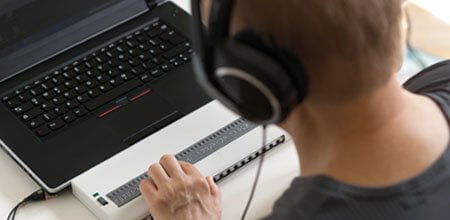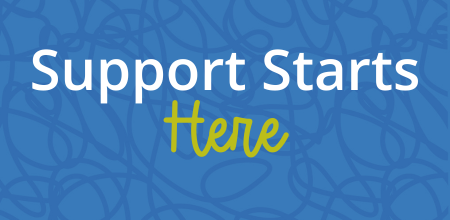Portable Voice Recorder Appears to be a Useful Memory Aide
Categories: Assistive Technology
Are portable voice recorders useful devices for helping individuals with traumatic brain injury to remember their therapy goals?
Past Studies
Past Studies show that individuals who receive moderate to severe traumatic brain injuries commonly have problems with thinking skills, such as memory,
This Study
This Study examined the use of a portable electronic recording device as a tool to remind participants to review their therapy goals during the day to see if it would lead to the recall of and follow through with treatment goals after a week of this process. This small study included ten adults who experienced moderate to severe traumatic brain injuries and had problems with memory skills. It had been a year since the majority of the participants had received their traumatic brain injuries. They were enrolled in a community re-entry program or a clubhouse day program and attended therapies 2 to 5 times per week. The electronic recording device, called a Parrot Voice Mate III, is a device that records and playbacks voice messages. It is small and can be worn on a belt.
Prior to the study period, the participants were trained to use the device. Three of six therapy goals for each participant
Who May Be Affected By These Findings
Individuals with traumatic brain injuries, health care providers, researchers
Caveats
This was a small trial and the results cannot be generalized. Reported changes in the participants’ behavior were based on clinical observations or interviews and therefore, subject to interpretation. Objective measures, those not subject to interpretation, would produce a more accurate assessment.
Bottom Line
The participant’s therapy goals that were recorded on portable electronic devices and played several times during the day were recalled more frequently than goals that were not recorded. Participants appeared to be more aware of their recorded goals and more likely to follow through with them. The researchers suggest that future studies include objective measures to study the effect of portable electronic devices on behavioral changes.
Please take a moment to comment on the value of this abstract:
Click here to take a brief survey
Find This Study
Hart, T., Hawkey, K., & Whyte, J. (2002). Use of a portable voice organizer to remember therapy goals in traumatic brain injury rehabilitation: A within-subjects trial. Journal of Head Trauma Rehabilitation, (17), 556-570.


